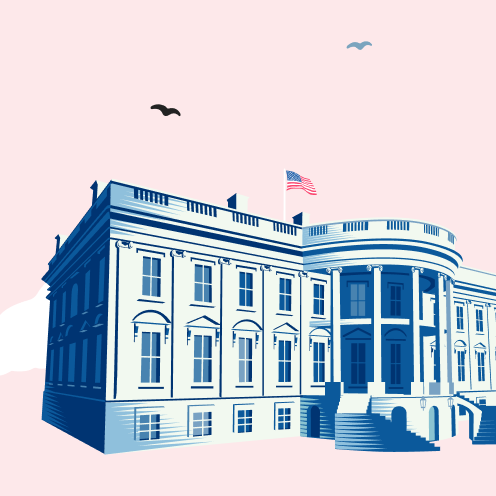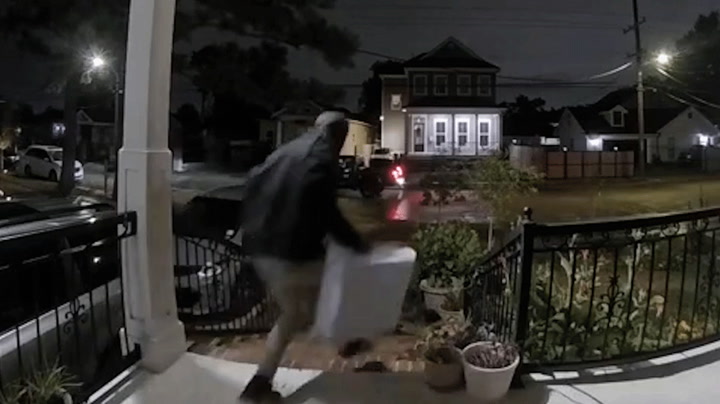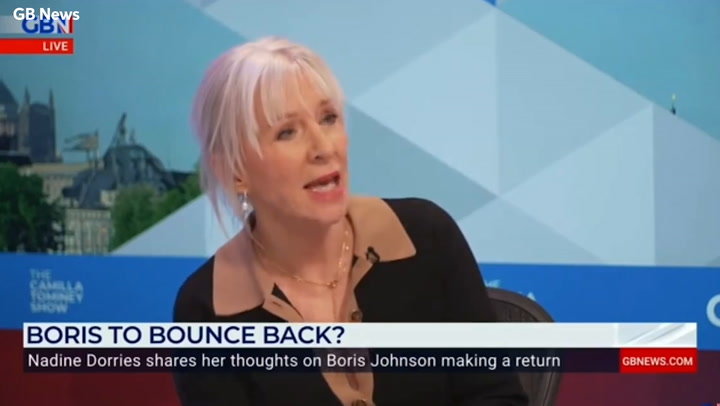More than 170 million Americans could lose access to the widely popular social media platform TikTok beginning Sunday after the Supreme Court upheld the law that forces TikTok to divest from its parent company or be banned.
“Congress has determined that divestiture is necessary to address its well-supported national security concerns regarding TikTok’s data collection practices and relationship with a foreign adversary. For the foregoing reasons, we conclude that the challenged provisions do not violate petitioners’ First Amendment rights,” the justices said in an unsigned opinion on Friday.
The fate of TikTok now lies with President-elect Donald Trump, who will take office on Monday. Trump, who once tried to ban TikTok and advocated for its removal, has turned into an unexpected savior – promising to “save” it.
The Biden administration has said they will not enforce the ban, according to reports. That will leave its fate to Trump or app stores.
Trump has not not revealed what he will do with TikTok but said he will make a decision.
“It ultimately goes up to me, so you’re going to see what I’m going to do,” Trump told CNN anchor Pamela Brown. “Congress has given me the decision, so I’ll be making the decision.”
Trump could try to work out a deal with TikTok and ByteDance or could lobby Congress to repeal or amend the legislation to make sure the platform can exist in the U.S. Though, it’s unclear how feasible that is.
It took the court just one week to decide the case – one of the fastest decision timelines in recent terms.
Justices wanted to intervene before the ban took place on January 19. They scheduled oral arguments just three weeks after agreeing to take up the case.
Congress passed a law that required TikTok to divest from its China-based parent company, ByteDance, or be removed from the U.S. The popular social media app argues that the ban is illegal and violates the First Amendment.
The bill signed by President Joe Biden had bipartisan support and lawmakers cited national security concerns when calling for the ban. As a China-based company, ByteDance is required to have a committee of Chinese Communist Party members.
A lawyer for TikTok argued earlier this month before the cour that the legislation violated the First Amendment because Congress passed it based on the content posted to the platform – or the potential content that could be pushed on U.S. users. They argued that Congress had not considered alternatives to protect Americans’ data before banning the app.
But several justices, including Chief Justice John Roberts, pushed back on that claim.
“Congress doesn’t care about what’s on TikTok,” Roberts said during oral arguments. “They don’t care about the expression. That’s shown by the remedy. They’re not saying TikTok has to stop. They’re saying the Chinese have to stop controlling TikTok.”
A separate lawyer representing a group of creators agreed, saying the ban would unfairly hurt his clients who rely on the platform to market themselves or their businesses. The platform, the lawyers argued, could not be replicated without ByteDance’s unique algorithm that tailors videos to each user.
From arguments, justices appeared skeptical of the First Amendment claim.
Jackson questioned whether their argument was really about content or about the algorithm.
“I’m trying to understand what the burden is that you are articulating and really whether it’s about association and not speech,” Jackson said. “What you’re really complaining about is the inability to associate with ByteDance and its algorithm.”
Justice Elena Kagan pointed out that while there will be First Amendment implications they would be “incidental” in comparison.
“The statute only says to this foreign company ‘divest or else’ and leaves TikTok with the ability to do with every other actor in the United States can do which is go find the best available algorithm,” Kagan said.
Solicitor General Elizabeth Prelogar, arguing on behalf of the government, disputed the lawyers’ claims, saying so long as ByteDance controlled TikTok there would always be a potential threat of China accessing U.S. data to blackmail or spy on someone at any given time.
While it became clear the Supreme Court would not save TikTok, hundreds of thousands of users flocked to other Chinese-owned platforms out of spite.
At the same time, TikTok users made videos airing their grievances about lawmakers’ decisions while saying goodbye to their favorite platform.
Their outrage led some Democrat lawmakers to introduce legislation that would extend TikTok’s deadline, thus giving it more time to work out a deal or allow Trump to assist. But Republicans blocked their attempts, believing the platform had enough time to try.
Because the ban will go into effect just one day before inauguration, President Biden said he would not enforce it – meaning the app can live on U.S. servers without facing fines or other repercussions.
However, the App Store, Google and other servers could still choose to remove it to avoid liability.
TikTok has said it plans to fully shut down the app on Sunday.
Source: independent.co.uk



